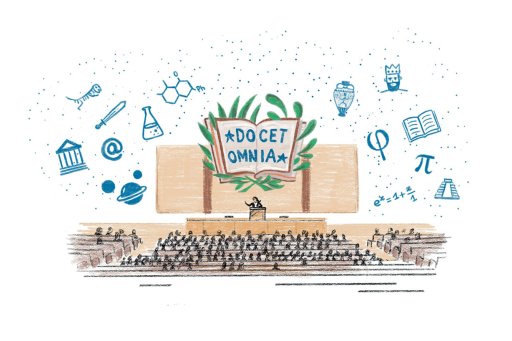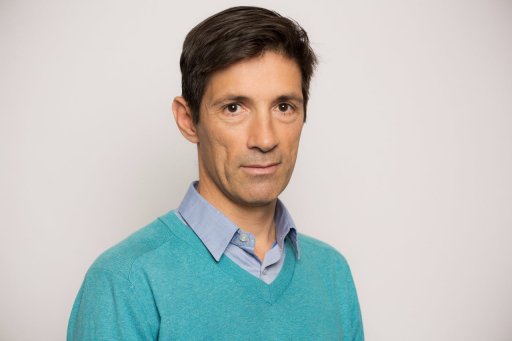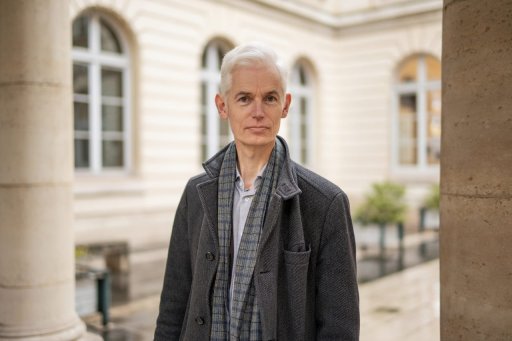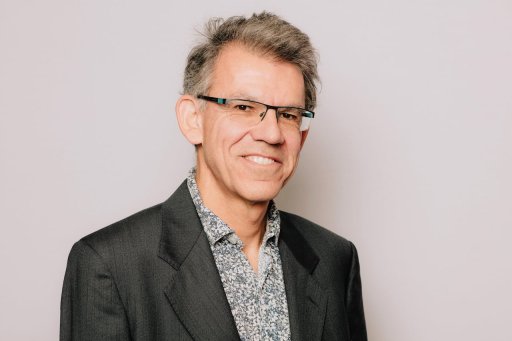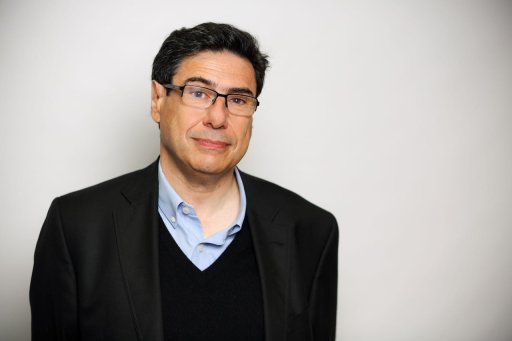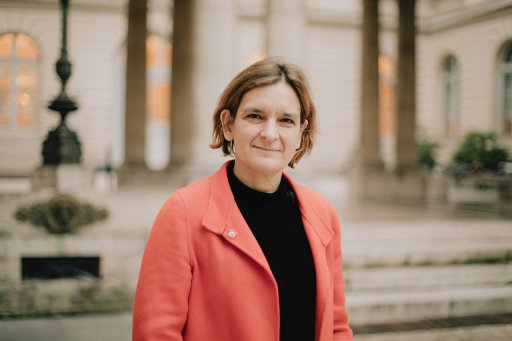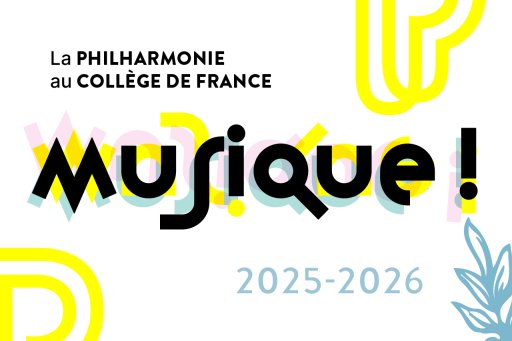Launched in 2017, the Excello program aims to develop, experiment with and disseminate in schools innovative teaching tools that enable students to learn reading and arithmetic on a regular basis, tailored to their needs. These tools are based on the work carried out by Stanislas Dehaene, Professor of Experimental Cognitive Psychology, around understanding the cerebral mechanisms behind the most fundamental operations of the human brain (awareness, reasoning, language, reading, calculation) and the mechanisms of learning in children.
In particular, the Excello program is developing a method for learning to read, called Kalulu. Based on learning to decipher graphemes and phonemes, this method, which includes learning booklets, games and an application for phones and tablets, also aims to develop children's vocabulary. Tried and tested in 100 classes in the Académie de Versailles since 2022, Kalulu will be offered nationwide to all interested teachers from the start of the 2024 school year. International adaptations of the method are currently being developed. At the same time, other research projects are underway, particularly in the areas of learning, assimilation and understanding of mathematics.
This project is part of the Agir pour l'éducationinitiative initiative.
The Agir pour l'éducation initiative is supported by the Collège de France Foundation and its patrons.





